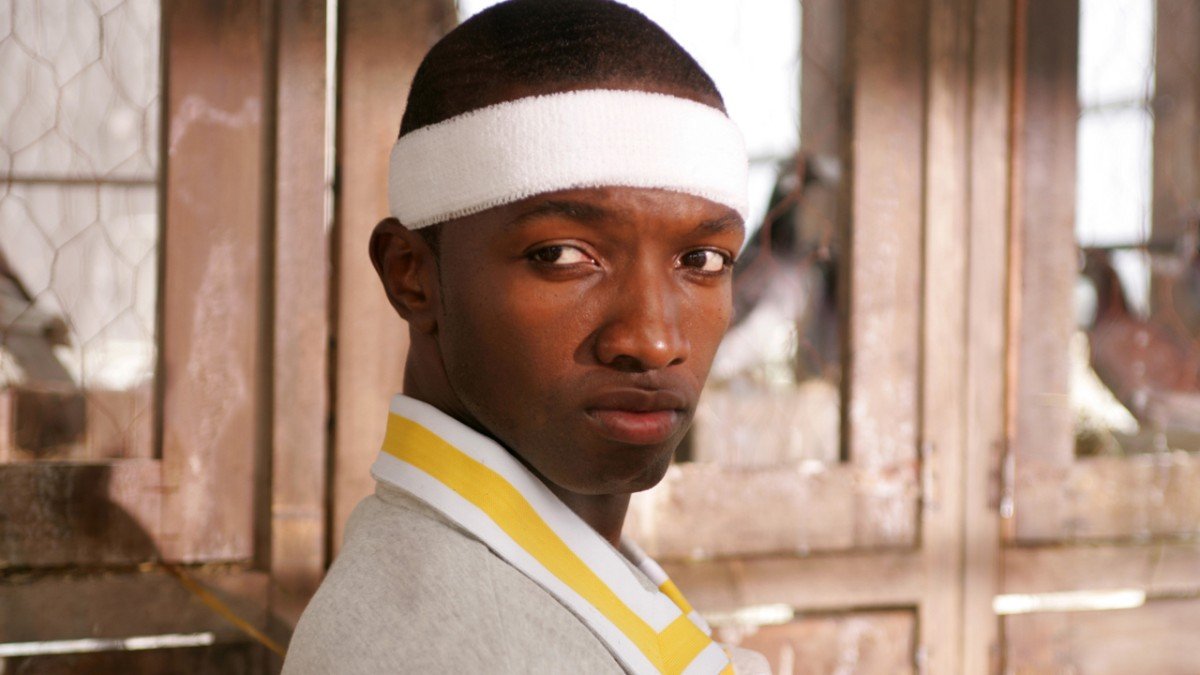This week, we spoke to actor Jamie Hector about his iconic role in ‘The Wire’, the HBO crime drama that left a huge impact on our culture on and off screen. Jamie also told us of his hopes for further progress following the release of the upcoming HBO miniseries ‘We Own This City’, in which he returns to Baltimore with the same talented crew to tackle themes of criminal and social justice again. Our conversation with Jamie got us thinking about television shows that have left their mark on society, influencing political and cultural evolution. So kicking off with a little more on ‘The Wire’, here are five shows that have literally changed the world.
The Wire (2002-2008)
‘The Wire’ had a huge impact on the television industry, helping make sprawling long-form dramas the benchmark in quality Hollywood storytelling, and attracting the best creative talent from cinema to the small screen. Influenced by the the real-life experiences of its writers, crime journalist David Simon and former Baltimore cop Ed Burns, it also showed that education doesn’t have to come at the expense of enthralling entertainment. Off screen, it influenced a new generation of academics, lawyers and social policy makers, with more than 30 US universities offering courses inspired by the show. And in 2020, its influence went one step further, with Baltimore ending its war on drugs with a plot line straight from the HBO show. State Attorney Marilyn Mosby announced the city would no longer prosecute low-level crimes, like prostitution, outdoor alcohol consumption, and drug possession, which mirrored a storyline in the show’s third season, when the Baltimore PD designates a neighborhood in the city as a prosecution-free zone. According to Mosby, the move led to a decline in nearly all categories of crime across the city.
Dallas (1978-1991)
This iconic show’s best-known influence on pop culture was its famous ‘Who shot JR’ storyline, which cemented the cliffhanger as the most popular way to end a season’s finale of a TV drama. But in Romania, the show has been credited with an even more fundamental change. ‘Dallas’ was the only US show to get past the censors in the communist regime of Nicolae Ceausescu in the late 1970s. Apparently, the dictator thought the portrayal of cutthroat American capitalism would show the Romanian people how good they had it. But the show became an aspirational hit and the characters cult heroes, and by the time the government pulled the show off air in 1981, the seed of change had already been planted. When Ceausescu was overthrown during a public uprising in 1989, many Romanians referred to the inspiration they had taken from the window into another way of life offered to them by ‘Dallas’. And when Larry Hagman, who played JR in the show, visited Romania years later he was treated as a hero. Hagman later revealed, “People from Bucharest came up to me in the street with tears in their eyes saying, ‘JR saved our country.’”
Star Trek (1966-present)
The sci-fi classic has certainly left its mark on technology here on earth, with engineers at the world’s most innovative companies admitting to being inspired by the show’s futuristic designs. Martin Cooper, who created the first personal cell phone while working at Motorola in the 1970s, cited Captain Kirk’s communicator as among his inspirations. And Karlheinz Brandenburg, the inventor of the MP3, is said to have been inspired by a clip of Data listening to music on his computer. How much influence the show really had on these inventions, and others including the tablet computer and 3D printer, is a subject of hot debate among ‘Star Trek’ aficionados. And while some researchers have suggested the show’s role in these world-changing innovations has been exaggerated, there is no doubt the show shaped the future for the better in other ways. The heroic crew of the USS Enterprise was comprised of a mix of races, including high-ranking women, who inspired the real next generation, and have been credited with changing US attitudes to race. High-achieving women from Whoopi Goldberg to Dr Mae Jemison, the first Black female astronaut, have credited Lieutenant Uhura, the influential character played by Black jazz singer Nichelle Nichols, as a major inspiration in their careers.
Cathy Come Home (1966)
This 75-minute BBC teleplay changed British attitudes to homelessness and lead directly to the establishment Crisis, which remains one of the country’s leading charities more than 50 years later. The drama, written by Jeremy Sandford and directed by Ken Loach, followed the descent of a young couple, Cathy and Reg, into homelessness. In the harrowing final scene, Cathy’s children are forcibly taken from her by Social Services and put into care. The show was watched by 12 million people, just under a quarter of the UK population at the time, and it highlighted the country’s housing crisis, prompting political campaigns and charity initiatives to combat homelessness and change policy so families were not broken up so readily.
Will & Grace (1998-2006, 2017-2020)
Before ‘Will & Grace’, gay themes were approached with more caution by broadcasters. And despite its light-hearted humor, before each episode of the show on its original run, the broadcaster ran an “adult content“ disclaimer. But later, it was credited with changing the views of Americans on gay people and issues, with an endorsement from the very top. In 2012, then US Vice President Joe Biden made history by becoming the highest ranking American official at the time to endorse the idea of equal marriage rights for gay and lesbian citizens. He said that change begins “when the social culture changes.” The now President added: “I think ‘Will & Grace’ did more to educate the American public more than almost anything anybody has done so far. People fear that which is different. Now they’re beginning to understand.”








